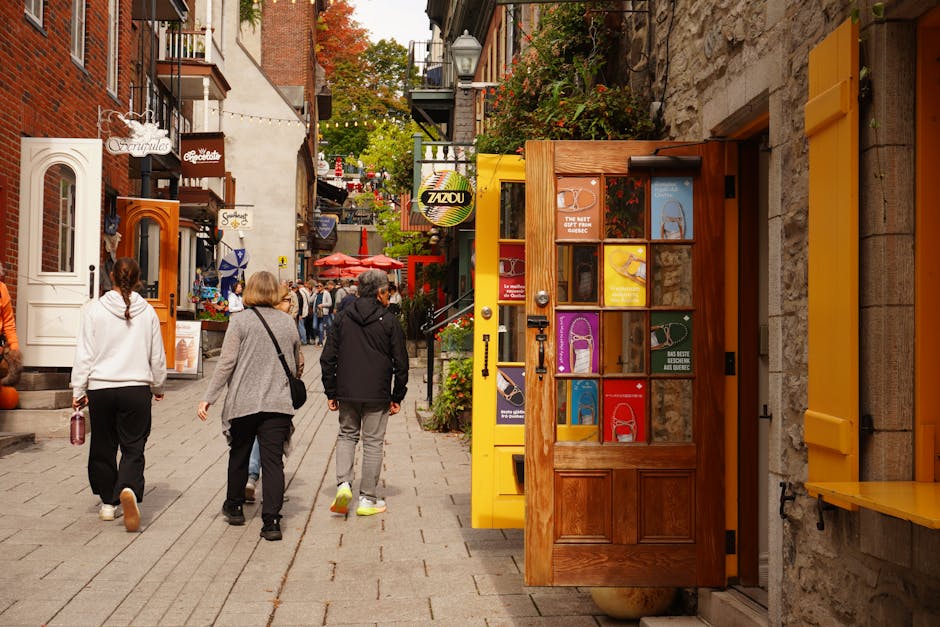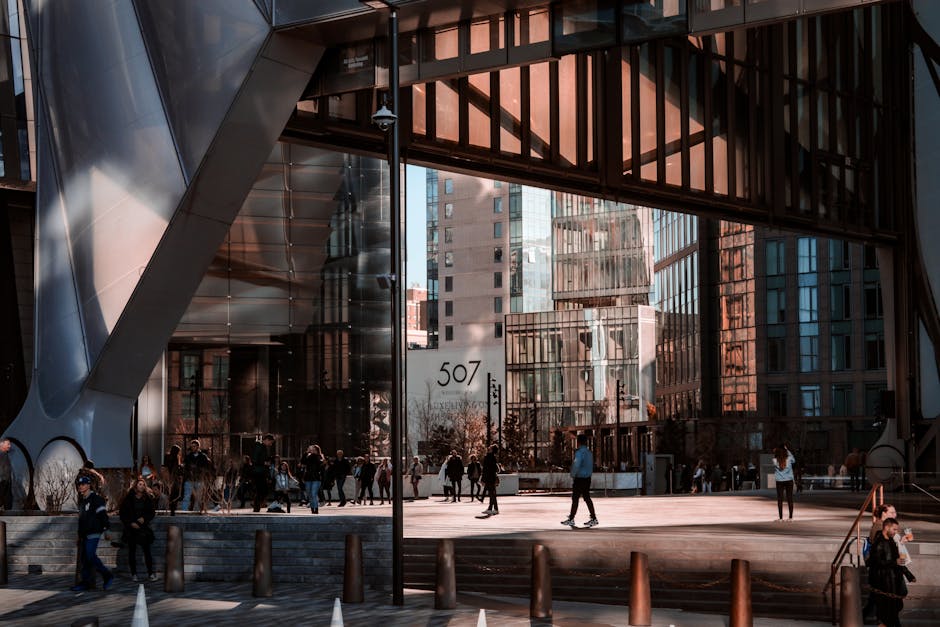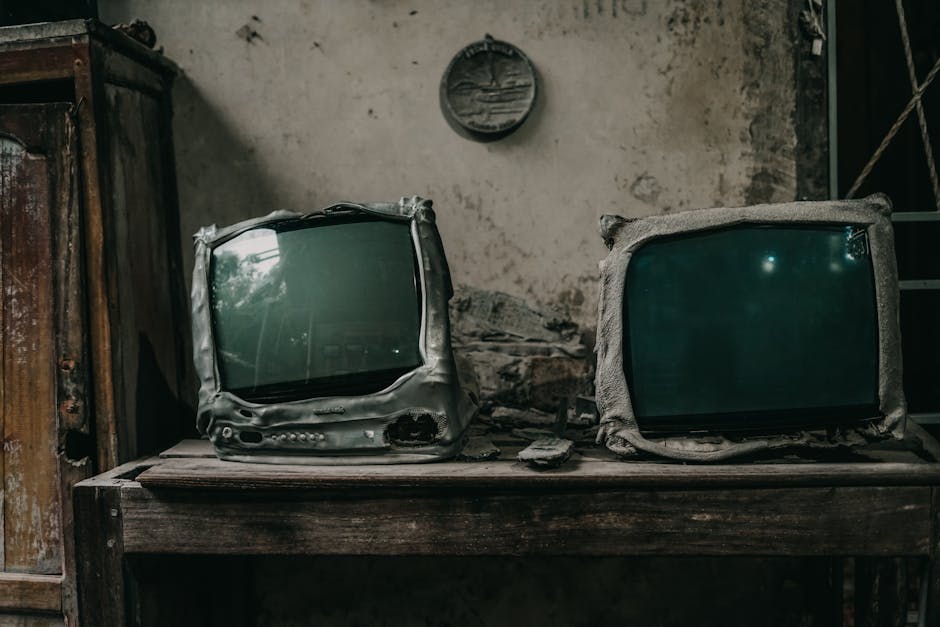Canada’s Historic Wildfire Season Disproportionately Impacts Indigenous Communities
Canada is enduring one of its most catastrophic wildfire seasons on record, with over 17 million hectares of land scorched as of October 2023. While the effects of the wildfires are widespread, Indigenous peoples—First Nations, Métis, and Inuit—are bearing the brunt of this environmental disaster. For these communities, the fires are not just a natural crisis but a continuation of historical injustices and systemic neglect.
Displacement and Cultural Loss
Thousands of Indigenous residents have been forced to evacuate their homes, leaving behind ancestral lands, cultural sites, and livelihoods. In British Columbia, the Yellowhead County wildfire displaced the entire Lytton First Nation community, just two years after a previous fire devastated the village. In the Northwest Territories, the town of Hay River and the nearby K’atl’odeeche First Nation faced repeated evacuations, with many unsure if they will ever return.
For Indigenous peoples, the land is more than a resource—it is the foundation of identity, culture, and spirituality. The destruction of forests, wildlife, and sacred sites has profound emotional and cultural impacts. As Elder Mary Jane from the K’atl’odeeche First Nation shared, “The land is our mother. When it burns, it feels like a part of us is dying.”
Health and Infrastructure Challenges
Indigenous communities often lack the infrastructure and resources to cope with such disasters. Many remote reserves have limited access to healthcare, emergency services, and clean water, worsening the risks posed by wildfires. Smoke inhalation has caused respiratory issues, particularly among elders and children, while mental health struggles are rising due to displacement and loss.
The destruction of infrastructure, such as roads and power lines, has isolated communities, hindering the delivery of emergency supplies. In some cases, evacuation efforts have been delayed due to the remoteness of these areas, leaving residents stranded in dangerous conditions.
Historical and Systemic Inequities
The disproportionate impact of wildfires on Indigenous communities is rooted in centuries of colonialism and systemic neglect. Many reserves are located in fire-prone areas, a result of historical land dispossession and forced relocations. Additionally, limited funding for fire prevention and emergency preparedness has left these communities vulnerable.
Indigenous leaders have long advocated for greater autonomy and resources to manage their lands and respond to disasters. As Chief Judy Desjarlais of the Blueberry River First Nations in British Columbia stated, “We know our land better than anyone. We need the tools and support to protect it and our people.”
Climate Change and the Path Forward
The wildfire crisis highlights the urgent need to address climate change, which is intensifying the frequency and severity of such disasters. Indigenous peoples have been leaders in climate advocacy, emphasizing traditional knowledge and sustainable land management practices. However, their voices are often marginalized in policy discussions.
Immediate action is needed to support affected communities, including increased funding for emergency response, healthcare, and mental health services. Long-term solutions must involve meaningful collaboration with Indigenous leaders to integrate traditional knowledge into wildfire management and climate adaptation strategies.
A Call to Action
As Canada faces this historic wildfire season, it is crucial to recognize and address the inequities faced by Indigenous peoples. The fires are a stark reminder of the interconnectedness of environmental and social justice. Only by working together can we build a more resilient and equitable future for all.
For now, as the flames continue to rage, Indigenous communities are left to pick up the pieces, their resilience tested yet again by forces beyond their control. Their struggle is a call to action for all Canadians to confront the legacy of colonialism and the urgent realities of climate change.




